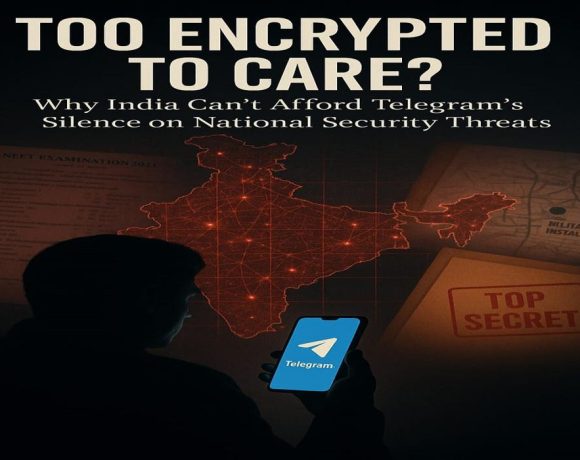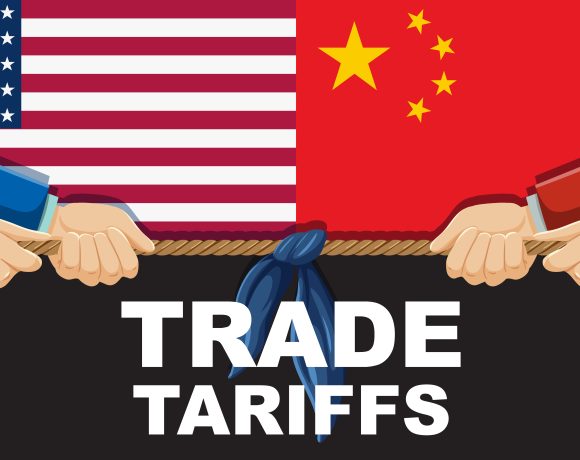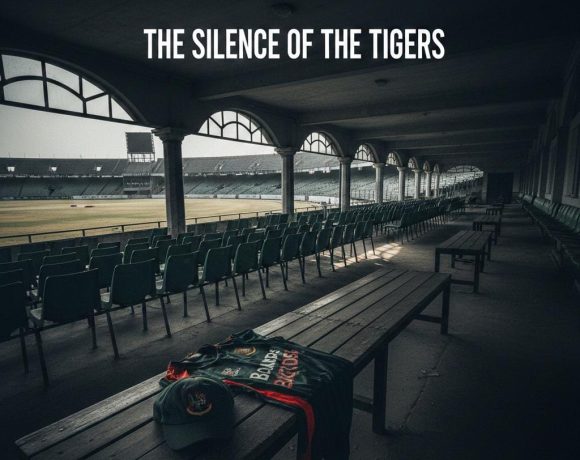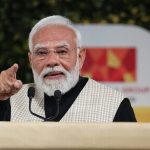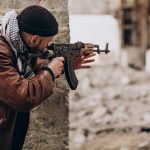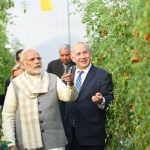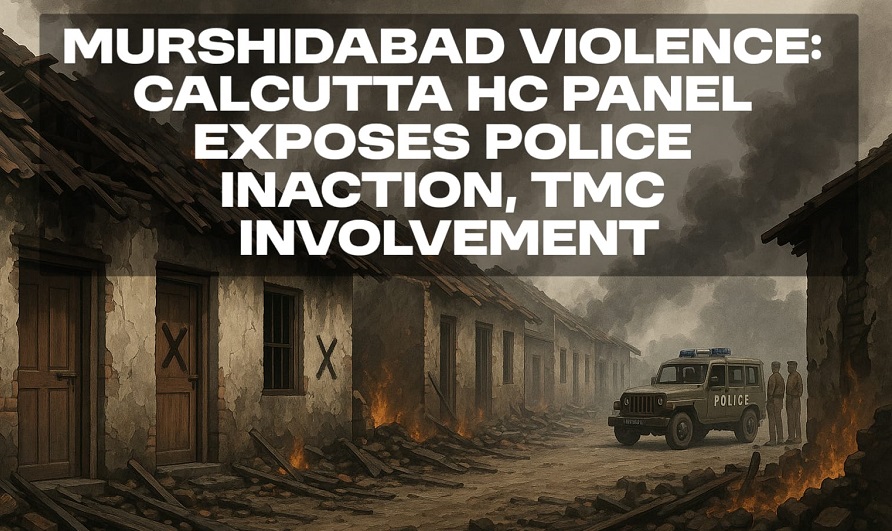
Breaking Down The News: What the Calcutta High Court Fact-Finding Committee Revealed About the Murshidabad Violence
In the aftermath of the communal violence that engulfed parts of West Bengal’s Murshidabad district in April 2025, a fact-finding committee appointed by the Calcutta High Court has submitted a damning report revealing shocking failures on the part of law enforcement and implicating political actors in the orchestrated targeting of Hindu communities. The violence, which began as a protest against the controversial Waqf (Amendment) Act, quickly spiraled into coordinated attacks that left at least three people dead, over 400 displaced, and entire neighborhoods in ruins.
The three-member committee, comprising legal and civil society representatives, was tasked with investigating the causes and handling of the Murshidabad incident. Their findings have raised serious concerns about administrative complicity, selective inaction, and the weaponization of identity-based politics in the state. At the heart of the report lies the core allegation: that this was not a spontaneous outbreak of violence but a planned and targeted assault, enabled by the silence or absence of state machinery.
One of the most serious accusations in the report pertains to police conduct—or the lack thereof. The panel observed that in many of the affected areas, including Suti and Jafrabad, the police were either entirely absent or stood by as mobs looted and torched properties. This abdication of responsibility was consistent across multiple locations and times, suggesting more than just negligence. It also highlights the failure of preventive policing and intelligence gathering, especially given the simmering tensions around the Waqf amendments.
Perhaps the most explosive finding relates to the alleged role of political leaders. The report identifies Mehboob Alam, a local Trinamool Congress councillor, as one of the key figures leading the violent mobs. On April 11, according to multiple eyewitnesses and video footage examined by the panel, Alam arrived with a group of armed miscreants and began directing attacks on homes and shops believed to belong to Hindus. His presence was neither incidental nor passive; the panel asserts that he played an active role in instigating violence.
Another unnamed MLA was also reportedly seen at the site of violence but did not intervene to stop the attacks. The panel flagged this as a gross dereliction of duty and suggested a wider pattern of political indifference or even encouragement. These assertions have intensified political tensions, with the BJP accusing the ruling TMC government of fostering an anti-Hindu climate in the state and failing to ensure the safety of all citizens.
Eyewitness testimonies presented in the report paint a chilling picture of the ground situation. Several residents recounted how homes were pre-marked with black ink, indicating premeditation. Once violence erupted, mobs used these markings to selectively burn down Hindu homes and businesses. In Suti, a sweet shop owner and his wife described how their entire livelihood was destroyed, and no police came to their rescue despite repeated calls. In Jafrabad, the murders of Haragobinda Das and his son Chandan Das by stabbing inside their home added to the atmosphere of terror.
The report also recorded desecration of Hindu temples, and the use of petrol bombs, rods, and knives during the attacks. Even more disturbingly, these acts of violence were met not with outrage but with silence by many local officials. The committee called for accountability and immediate criminal proceedings against those named in the findings.
However, amid the horror, there were also moments of humanity. In several neighborhoods, Muslim residents reportedly protected their Hindu neighbors from the mobs. One woman, Archana Sarkar, said her Muslim neighbors helped her flee her burning home. In another case, a man named Sanaul and his family defended a Hindu house from being vandalized. These instances were few but powerful reminders that communal harmony still has a heartbeat in the region, despite political attempts to rupture it.
In its conclusion, the High Court-appointed panel has recommended a central investigation, possibly by the CBI or NIA, into the role of political leaders and law enforcement officials during the Murshidabad incident. It has also called for immediate compensation and rehabilitation of the victims, as well as judicial oversight of the proceedings to ensure transparency and justice.
The findings have not only put the Mamata Banerjee-led TMC government in a tight spot but also raised a critical question: when violence becomes organized, and the state becomes a bystander—or worse, an enabler—can democracy still claim to be just?


